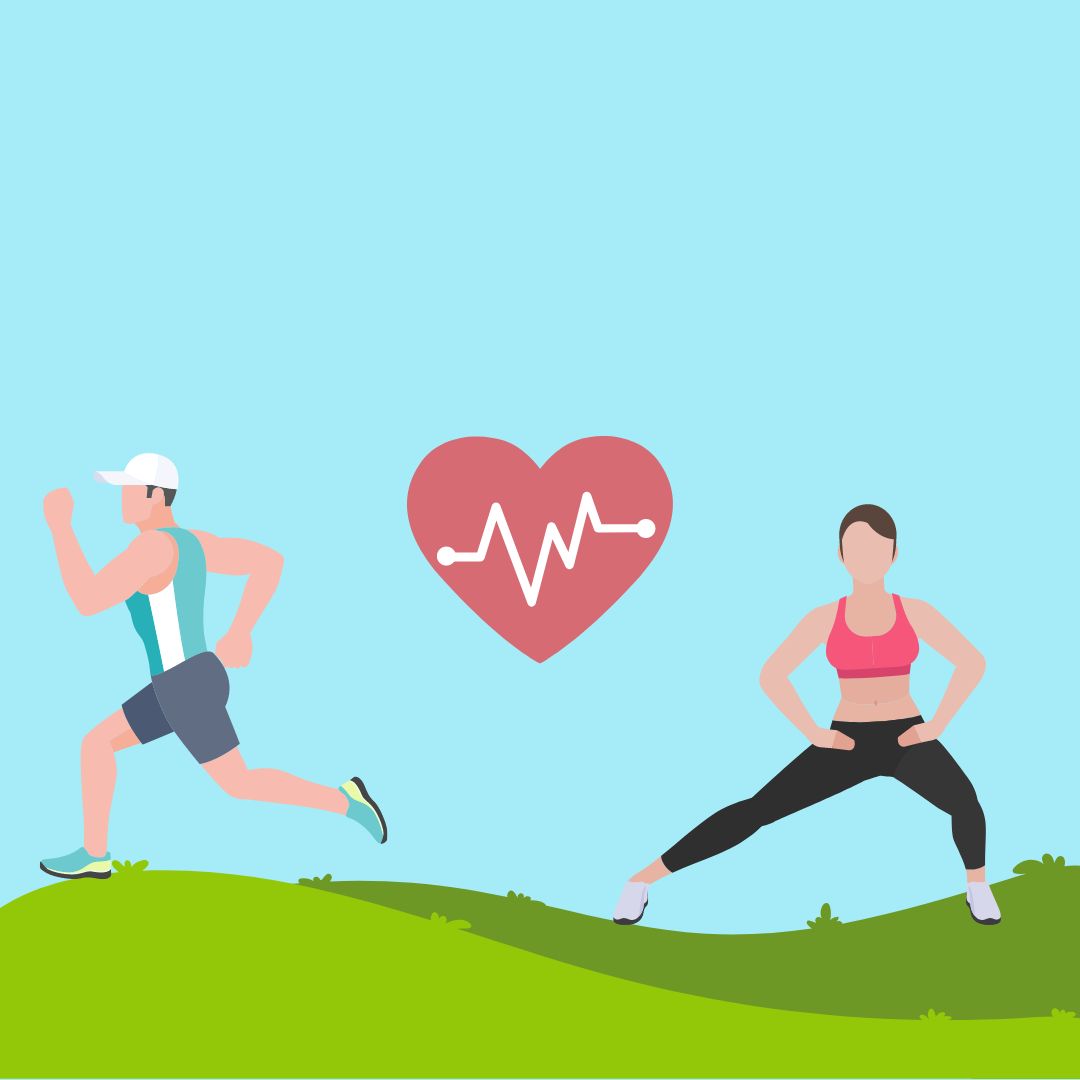Our bodies were designed to move.
Our extraordinarily complex muscular, nervous and circulatory systems collaborate to accomplish incredible feats including running, climbing, jumping and swimming. Even more fundamentally, they help us move and interact with our environment.
Because our bodies are the vessel through which we explore and interact with our surroundings, it’s crucial we take care of them. In our increasingly stationary world, it’s necessary to recognize the importance of physical health and to prioritize our health through physical activity.
Exercise is important for both physical and mental health. Here are some benefits of exercise and easy ways to implement it into everyday life.
Most clearly, physical activity results in physical benefits including improved cardiovascular health, stronger bones and muscles and a reduction in the risk of diseases. Frequent exercise is key in ensuring the health and strength of bones, muscles and joints.
The Centers for Disease Control and Prevention (CDC) found that strengthening bones, joints and muscles through exercise can help ensure healthy movement in daily life. While the strength of bones, joints and muscles are especially important for maintaining strength and proper function as we age, their health impacts people of all ages.
By improving cardiovascular health, exercise can help reduce the risk of cardiovascular diseases, Type 2 diabetes and several types of cancer. According to the CDC, “Heart disease and stroke are two leading causes of death in the United States. Getting at least 150 minutes a week of moderate physical activity can put you at a lower risk for these diseases.”
Exercise is also extremely important for our mental health, and it can have a significant impact on an individual’s mood, stress levels and self-esteem. Exercise also reduces cognitive decline and the risk of dementia. The Mental Health Foundation found that “there is approximately a 20% to 30% lower risk of depression and dementia for adults participating in daily physical activity. Physical activity also seems to reduce the likelihood of experiencing cognitive decline in people who do not have dementia.”
Everyday benefits such as lower stress levels and higher self-esteem also derive from physical activity.
As important as it is to understand the health benefits of exercise, it is equally important to find realistic ways to incorporate physical activity into our daily lives. Finding a physical activity you enjoy will help keep you active.
I personally enjoy weightlifting, ultimate frisbee, hockey and basketball to stay active. There are many types of exercise you can try: go for a walk, take swimming lessons, bike around campus or try a new club sport. I have found that exercising with friends makes it even more enjoyable.
It can be scary and intimidating to start something new. I have been the new guy at the gym and the new kid in the hockey team locker room. It’s important to remember everyone starts somewhere, and everyone is on their own path.
Exercise is not about comparing yourself to others. Instead, it is about doing something you enjoy in order to lead a happier and healthier lifestyle. Daily walks with friends and 15-minute workouts are great places to start.
Among the many positive benefits of exercise are opportunities to have fun. Explore your interests and enjoy the process. You may even discover a new hobby.
Jacob Freshly is an opinion writer. Contact him at [email protected].




